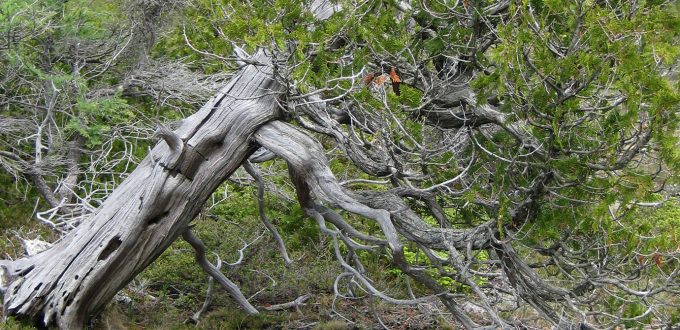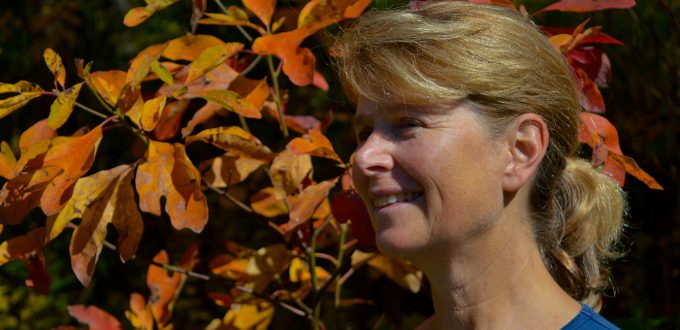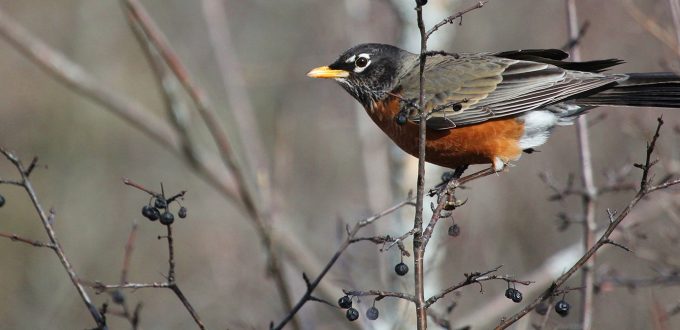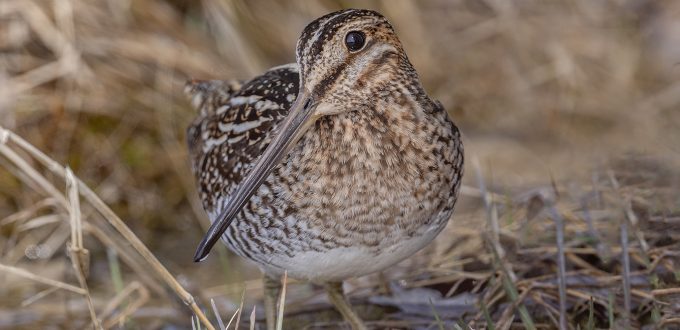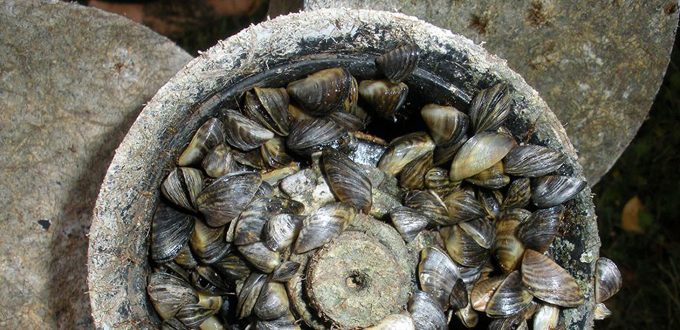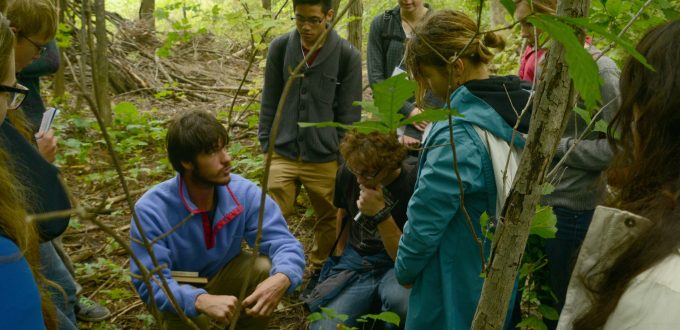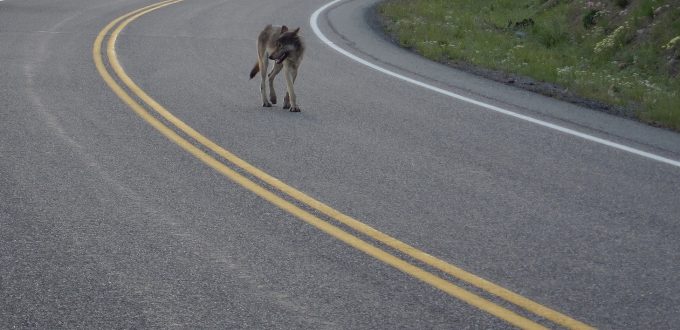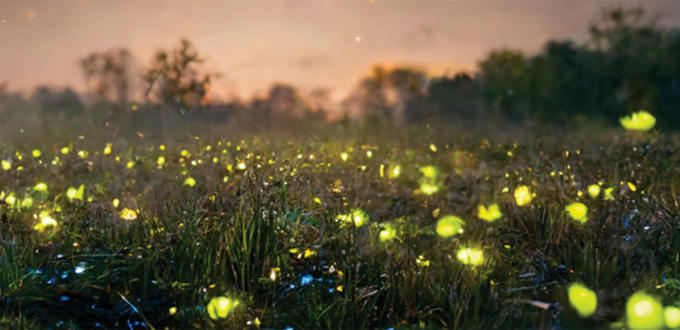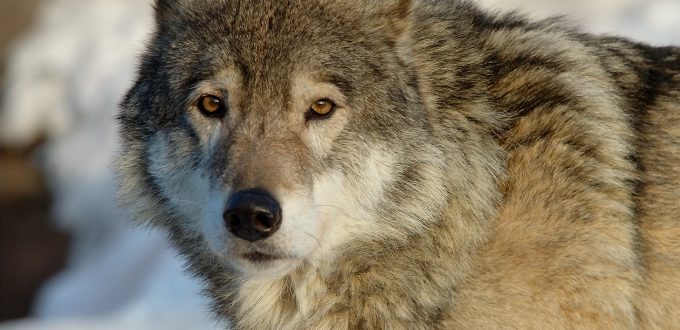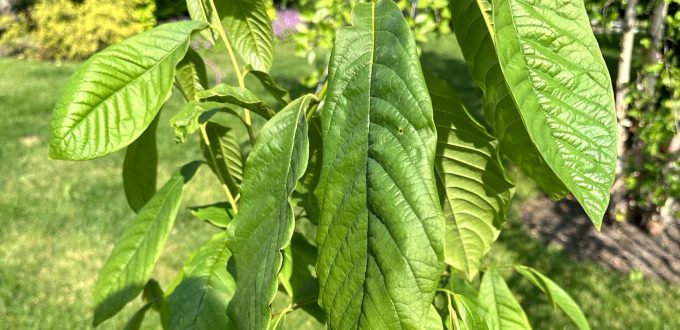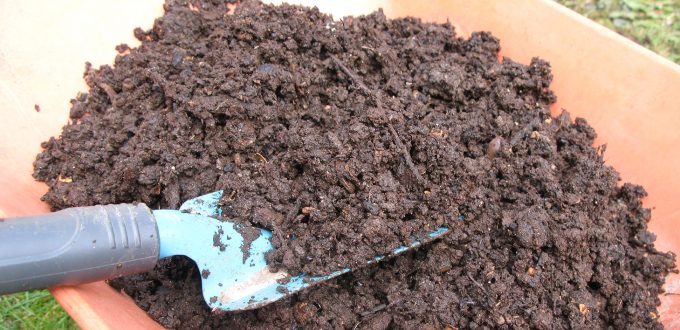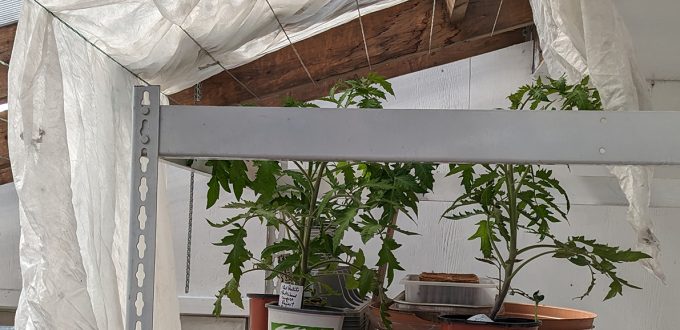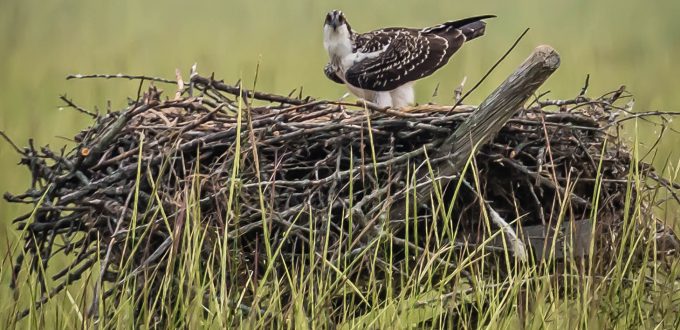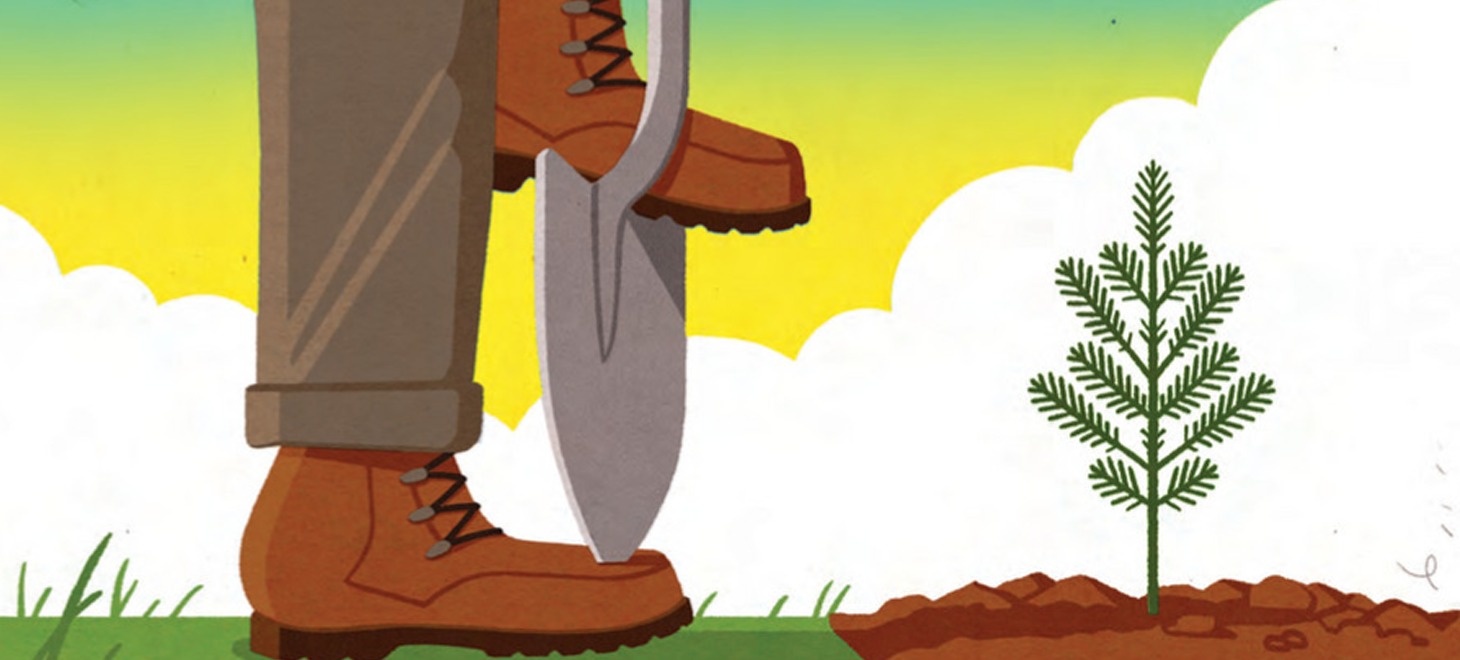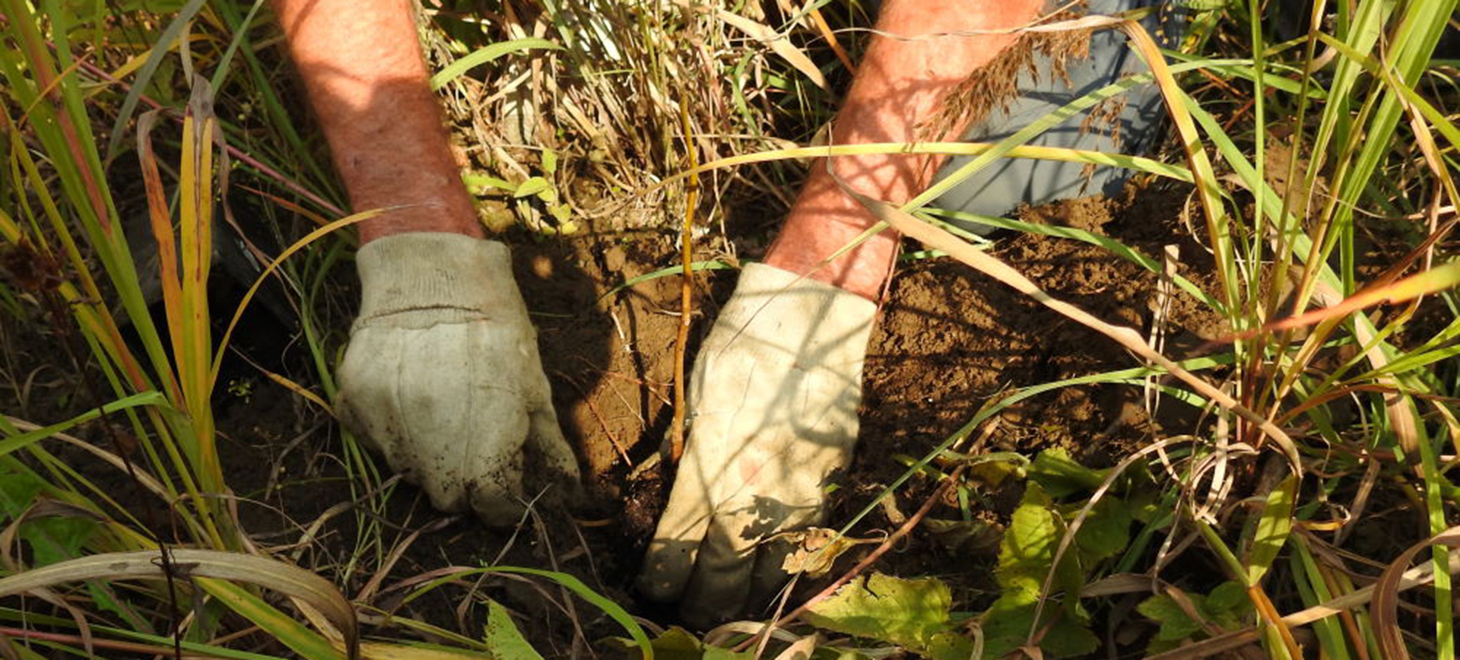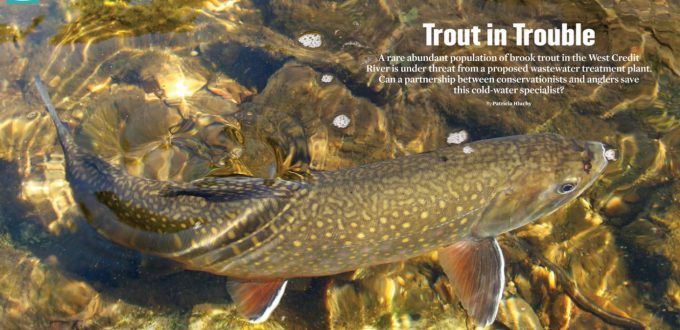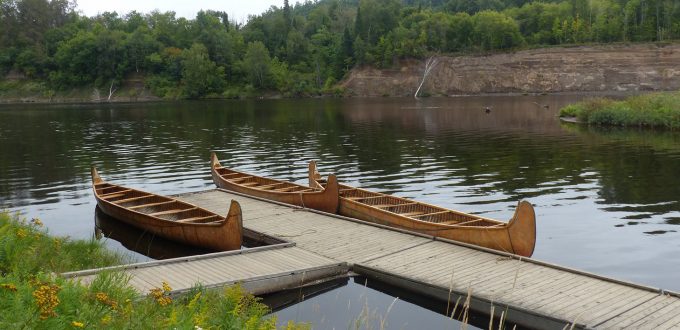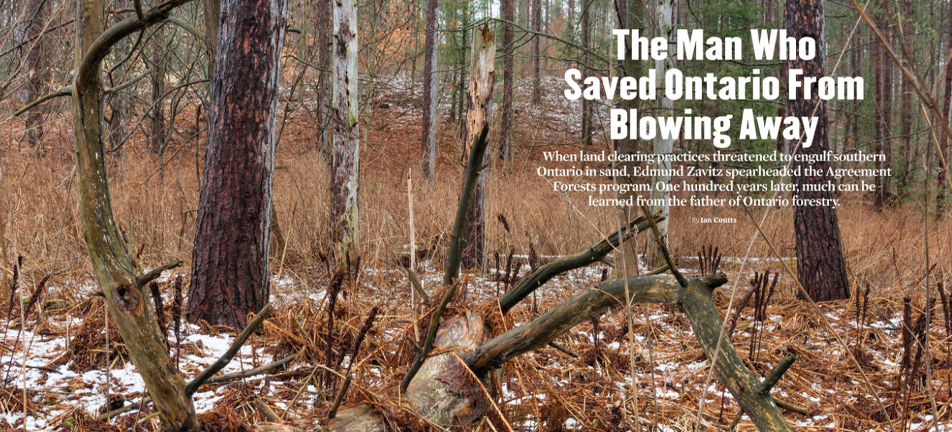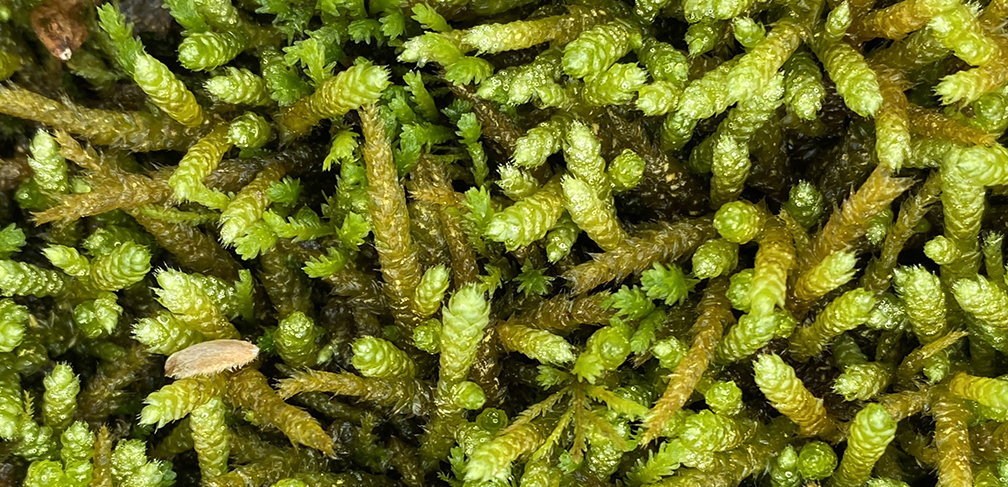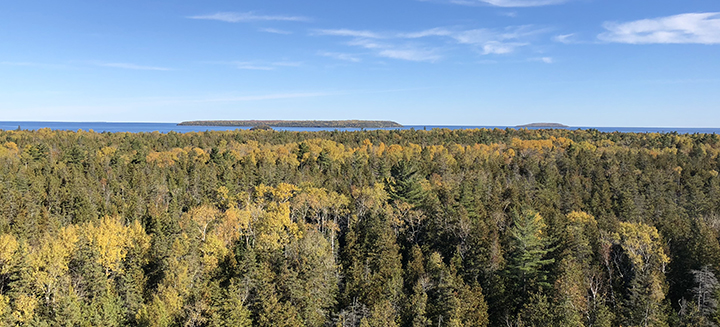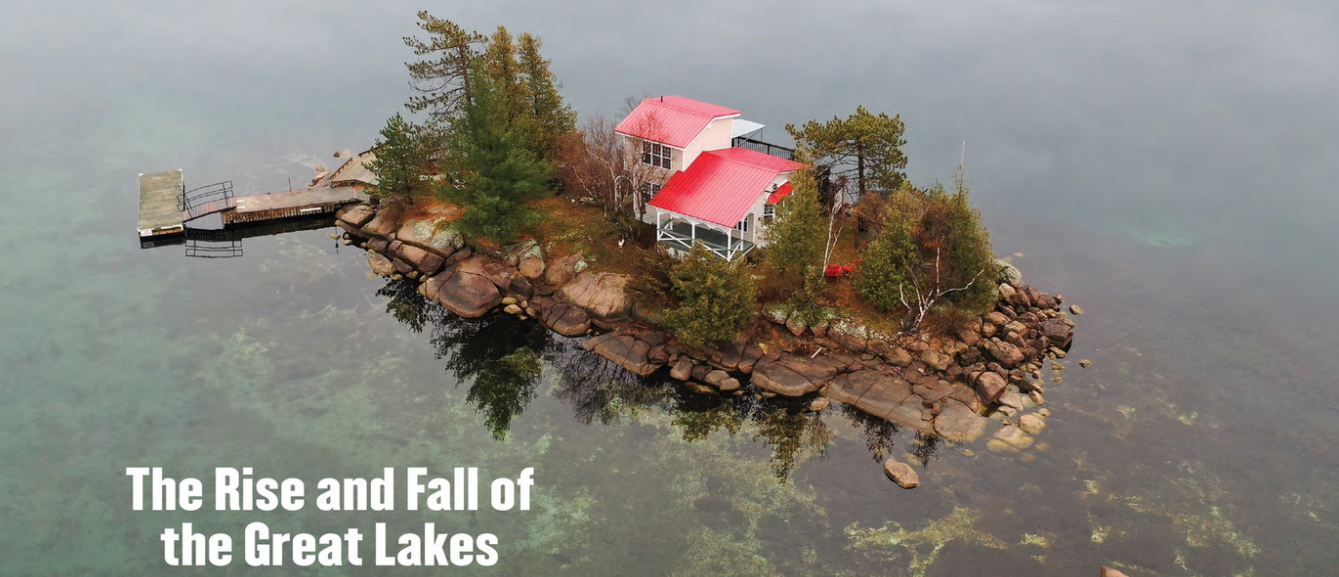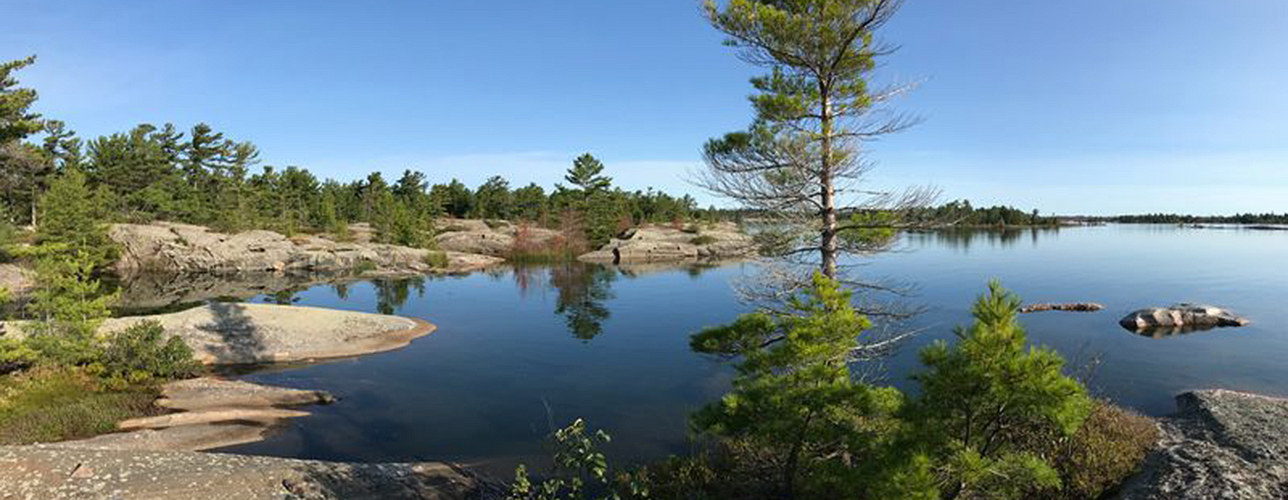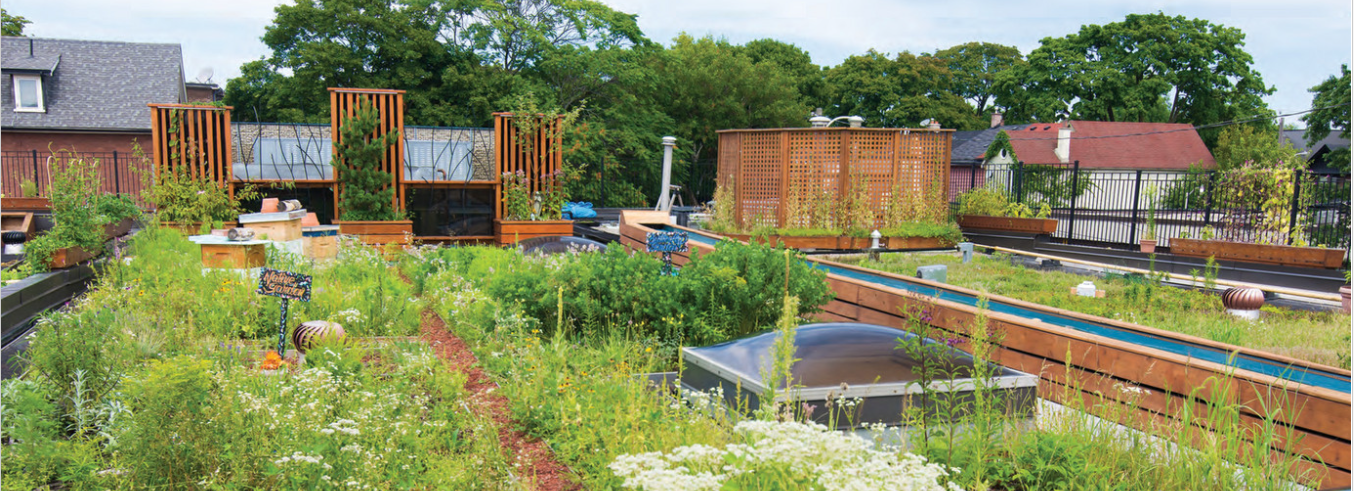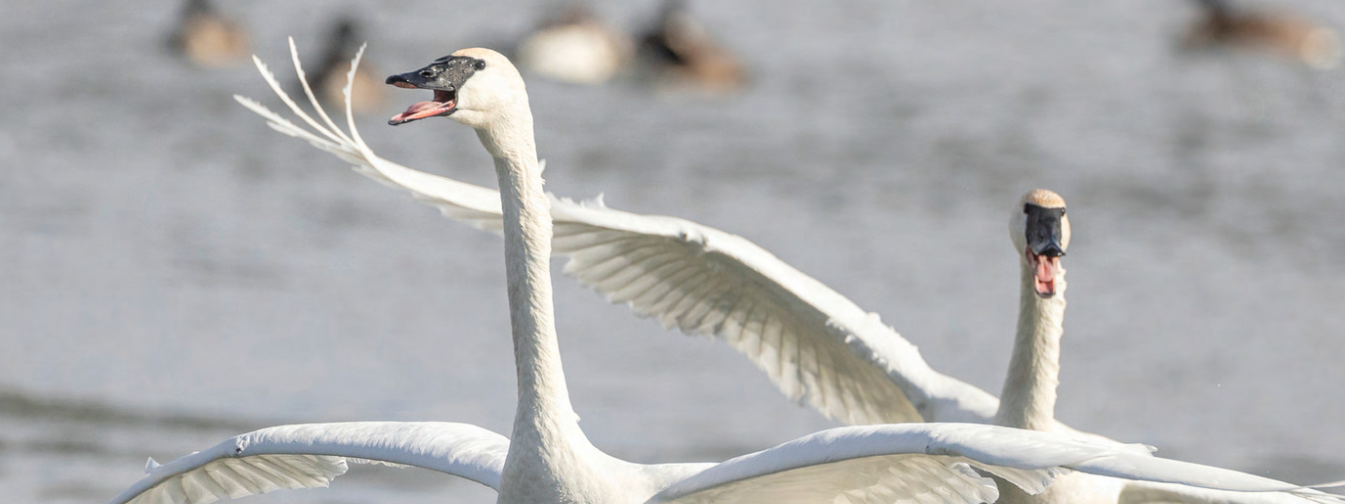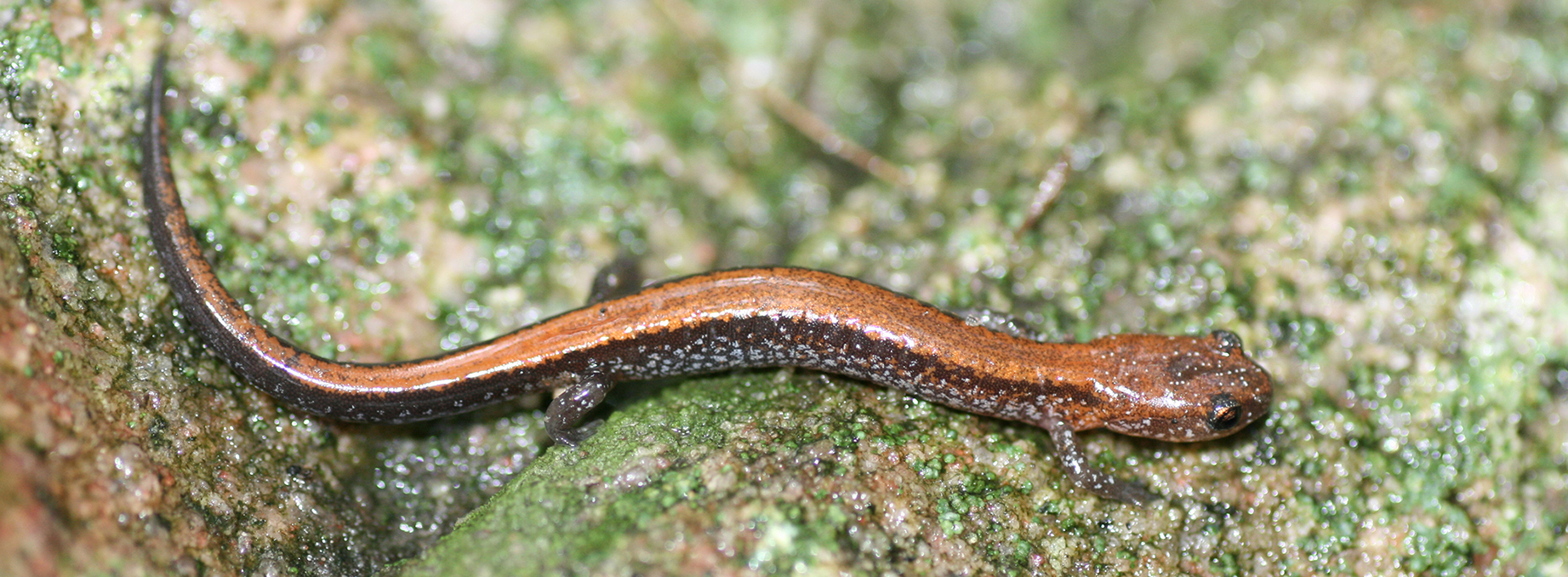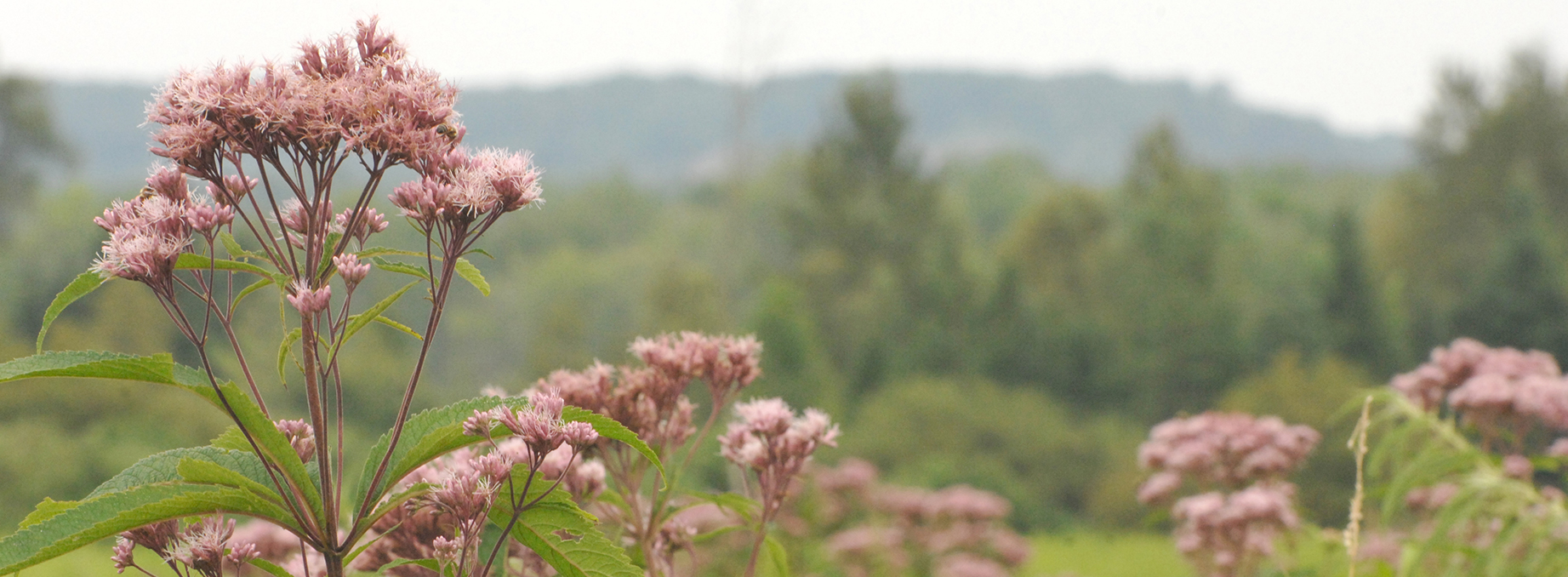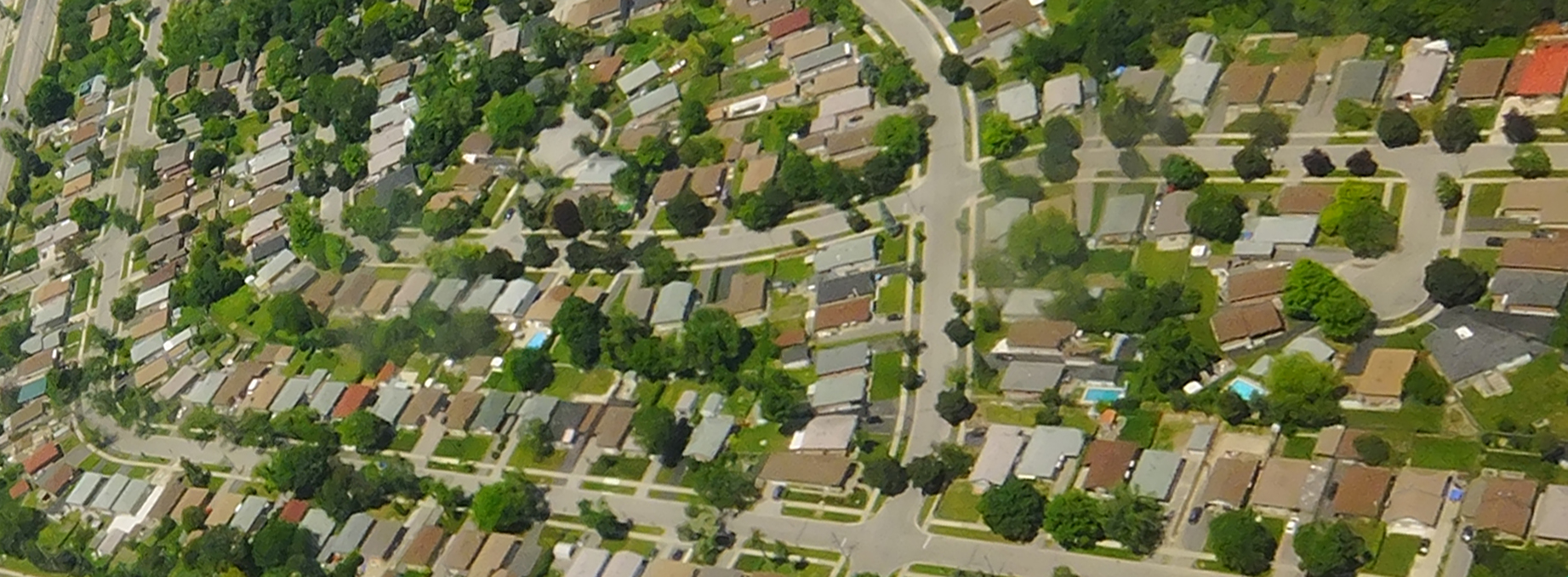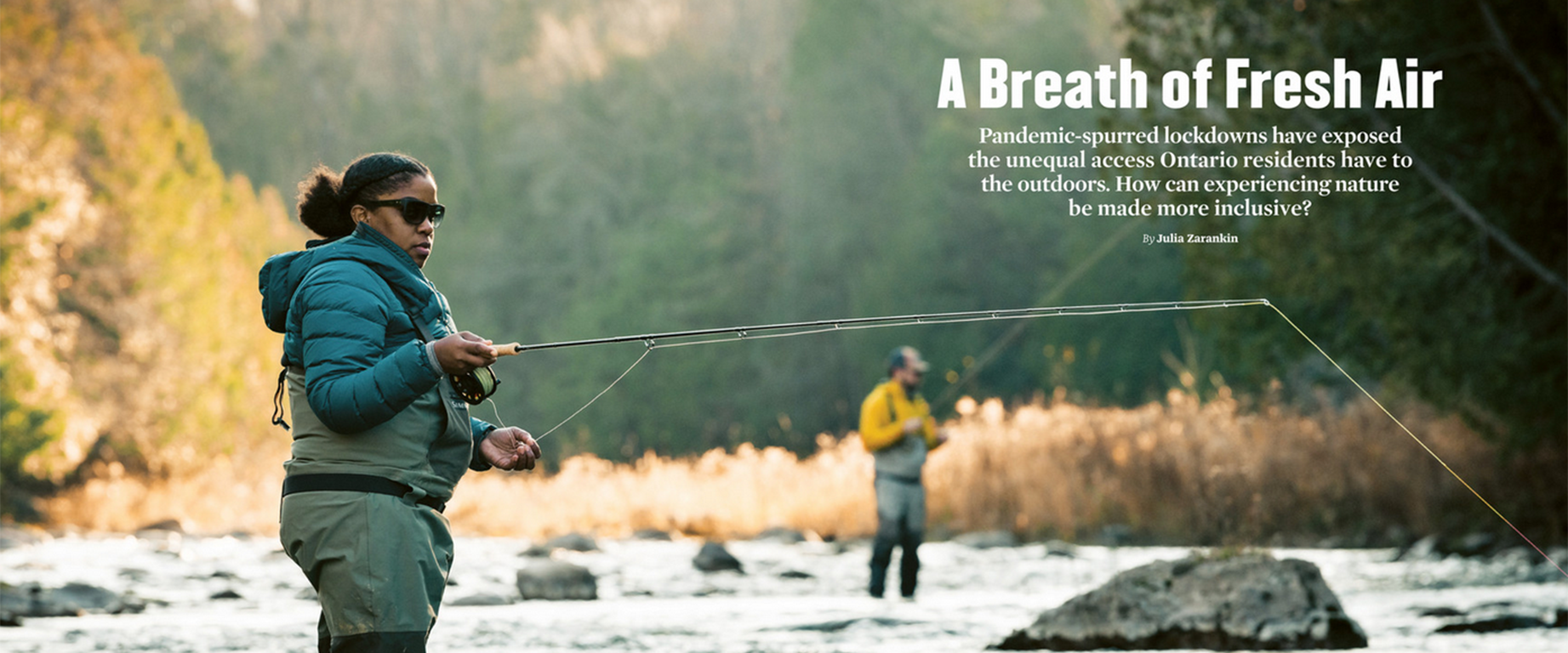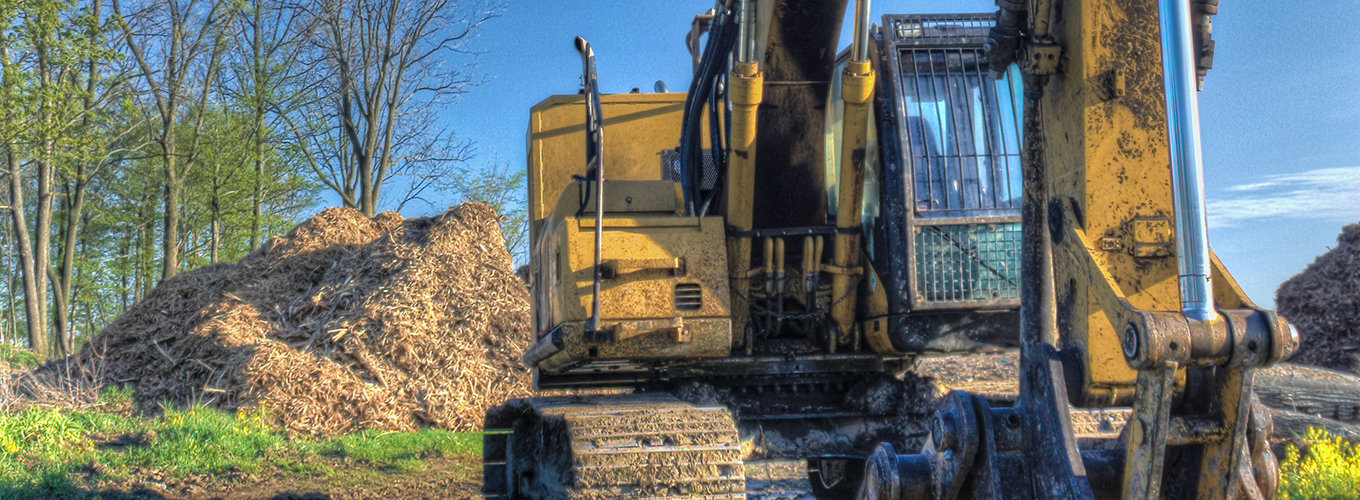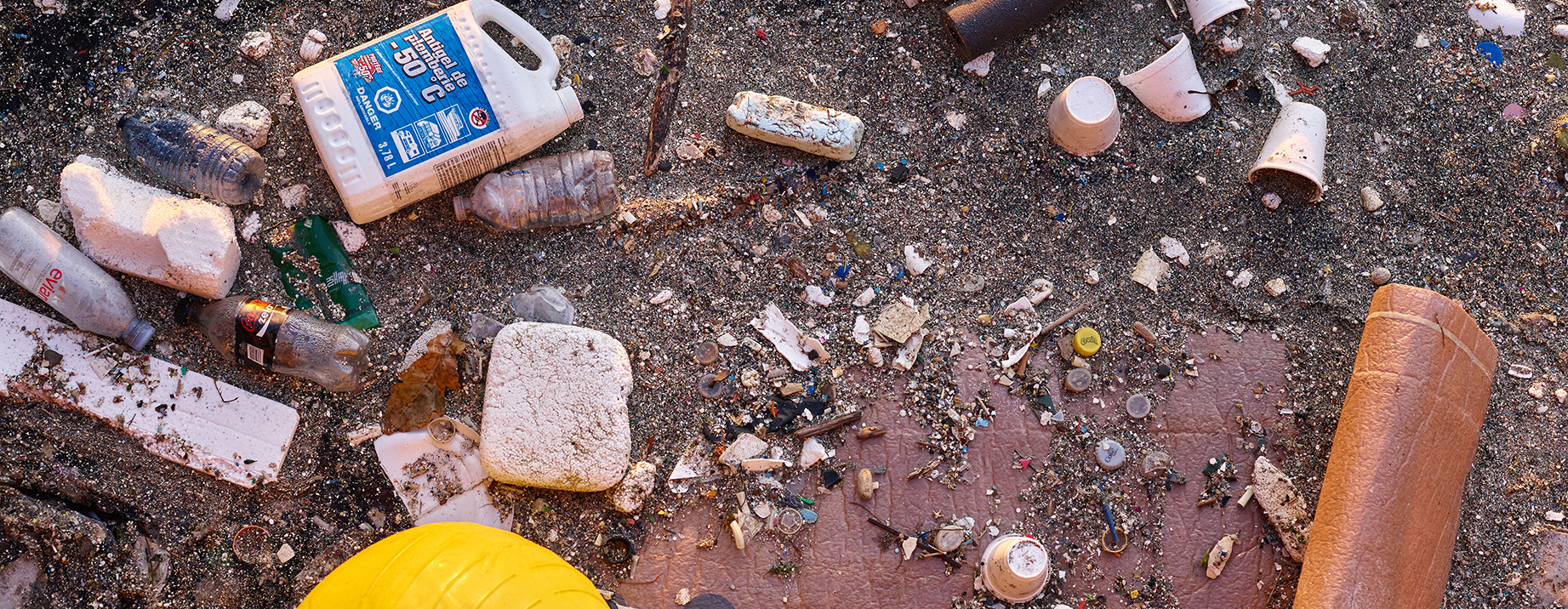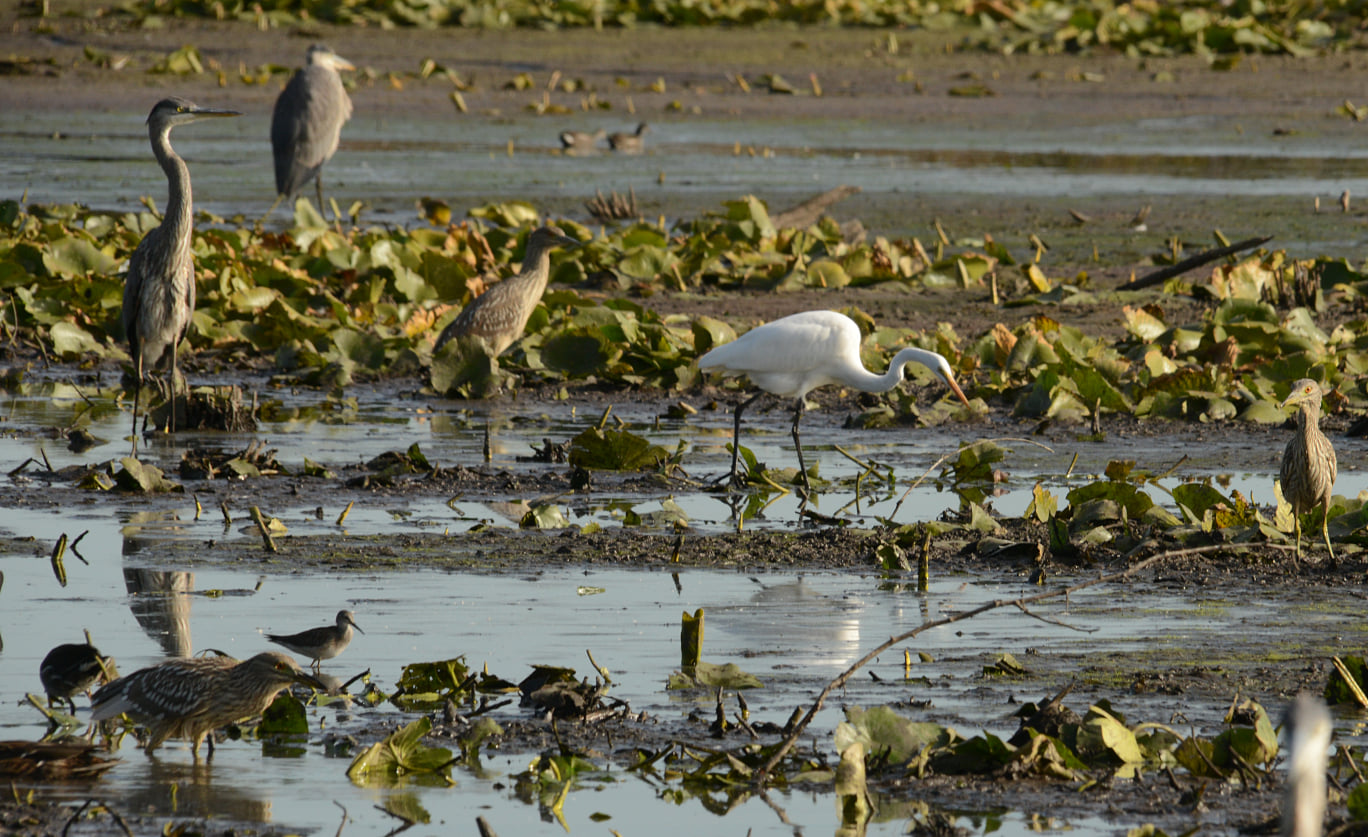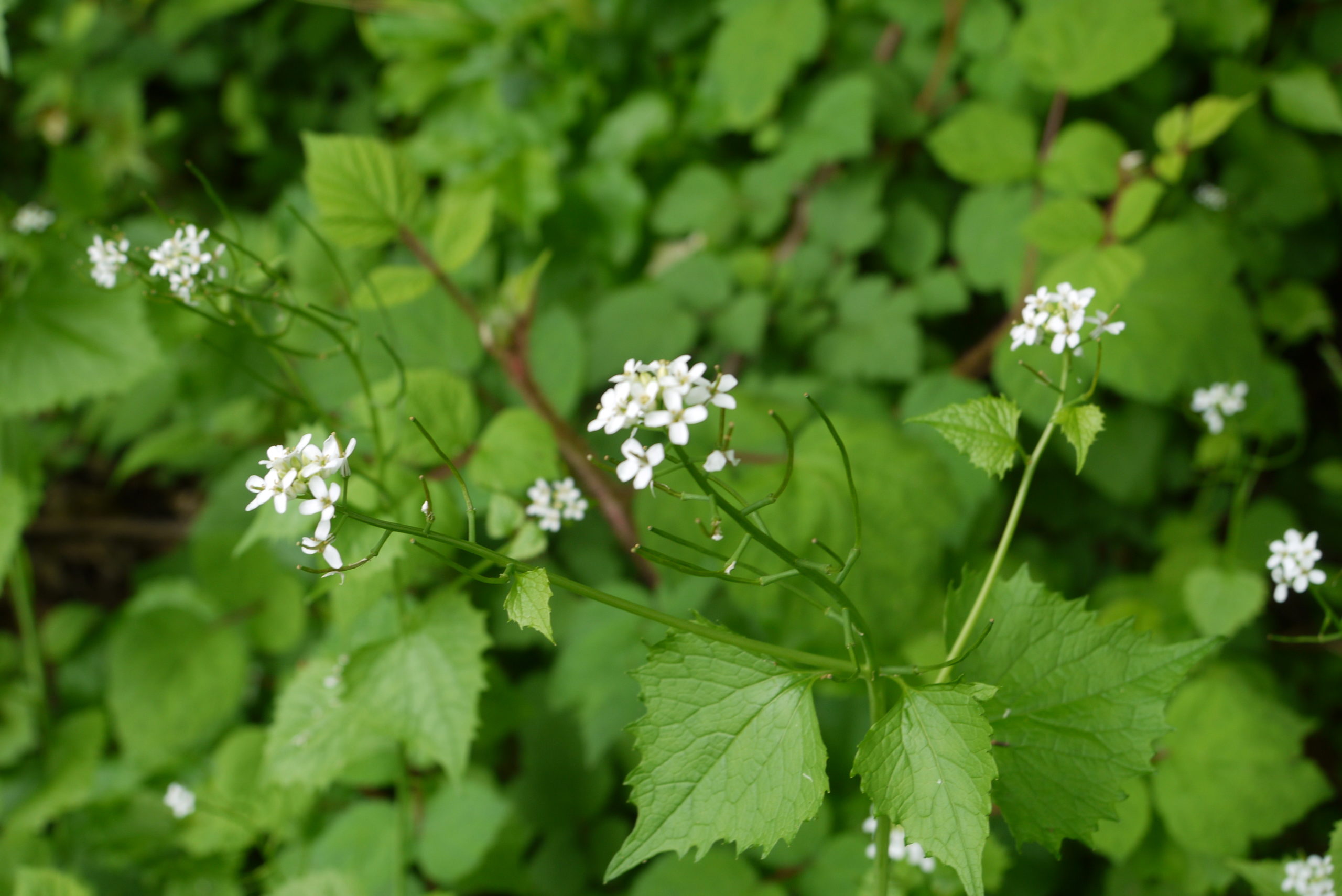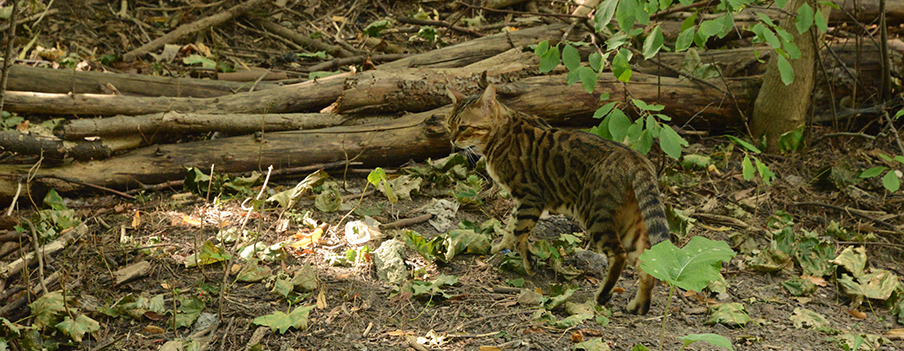Subject: RE: Ontario Receives Failing Grade in Conservation Conservation policy usually focuses on preserving the young or endangered, but fails exceptional animals like centenarians, those remarkable individuals old even for their own species. Greenland sharks can live 400 years, lobsters over 100, and ocean quahogs 500. Protecting centenarians is crucial. If an animal is found […]
You are browsing archives for
Category: Letters to the Editor
We enjoy hearing from ON Nature readers. Please send letters by email to onnature@ontarionature.org or by mail c/o Editor, and include your full name, address and phone number. Letters may be edited for length and clarity. Letters should be 75 words or less and may be published on the website and/or in the printed magazine.
Modern Farms Impact on Nature
Subject: RE: The Costs of Modern Agriculture I appreciated the theme and content of the summer 2025 issue of ON Nature. As a long time Organic/Ecological,Regenerative farmer I was pleased to see Ray Ford’s article on “The Costs of Modern Agriculture” on page 16. We need to make farming and ranching part of the solution […]
Nature Lives Here
Re: The Dirt on Gardens Thank you to all at ON Nature magazine for an always informative and visually engaging publication. I read every issue from cover to cover. I read Ian Coutts’ article, “The Dirt on Gardens” with some interest and concern. It might encourage others with naturalized gardens to learn that the City […]
About – The Fact Is: Food Waste
In “The Fact Is” section, it says that the millions of tonnes of food wasted every year is equivalent to the carbon output of 2 million cars. The implied comparison is that food wastage is as bad for climate change as car usage. While your statistic about the amount of carbon released is probably correct, […]
RE: The Problem of Too Many
Subject: RE: The problem of too many I think Bill Moses is right on in his letter to the editor. The problems the planet is experiencing right now are directly related to the problem of too many humans taking over and upsetting natural systems. However, he is wrong in accepting that Canada needs to bring […]
The Problem of Too Many
Re: The Problem of Too Many The article “The problem of too many” seems to refer only to problems that affect humans. In fact, nature would sort out a “too many deer” problem (for example) on its own if left to its own devices. It managed to do that kind of thing long before humans […]
RE: Farewell to Ontario Nature’s Sage
Re: Farewell to Ontario Nature’s Sage My heart-felt thanks and best wishes to Ontario Nature’s outgoing Conservation Director Anne Bell on her retirement (see p. 5, Summer 2024 issue). Those of us in the conservation community knew we could always rely on Anne’s passion, tenacity and creativity in the service of Ontario’s biodiversity. Protecting habitat […]
RE: Modernizing Bird Names
Re: What’s in a (Bird) Name I can hear the chirps, trills and warbles of delighted birds – now proud possessors of new names. The once forlorn McCown’s longspur now revels in its glorious moniker, namely, ‘the thick-billed longspur’. And why not? Who wouldn’t want their nomenclature changed by the august American Ornithological Society (AOS)? […]
Modernizing Bird Names
Re: What’s in a (Bird) Name With the greatest of respect, I, (a longstanding “birder”) find the proposed bird name changes written about in Julia Zarankin’s Last Word article asinine! What a flavour is lost when changing Lewis’s Woodpecker or the Baltimore Oriole when one knows of the reasons behind the name? Or Wilson’s Warbler, […]
Invasive Damages
RE: The War on Invasive Species I was very disappointed in the article The War on Invasive Species, Last Word by By Conor Mihell in the current issue of the magazine (Winter 2023). Actually, I thought (hope) it was there to start discussion, not because it was really a serious approach to the topic. There […]
Travelling Into Nature
Thank you for your email about Ontario Nature’s nature guides. At age 92 I’m not doing much travelling. But I watch nature in the courtyard of the large private seniors residence where I live. Some of the space is wooded and grassy. Do your nature guides include information about getting there by public transit? If […]
Of Roads and Wolves
I read with interest your feature article “Lone Wolf” in the summer 2023 issue of ON Nature about gray wolves need for uninterrupted landscapes for habitat. Ontario Nature rightly cares about gray wolves. Unfortunately, just yesterday, I read the news from the Fur-Bearers group that B.C. had shot from helicopters 217 wolves and 8 cougars […]
Illustrated by AI
RE: “Lights Out” (Summer 2023) I’ve been enjoying the latest print issue of ON Nature but was surprised (and disappointed) to see the “Lights Out?” fireflies story was illustrated with an Artificial Intelligence image. To me this seems rather disingenuous for a magazine focused on nature, science and education. In the future, I hope to […]
Wolves, Status Quo and Novelty
RE: “Lone Wolf” (Summer 2023) The canine habits described here suggest how we can enhance human society: We need the input of both pack- and lone-wolves. The former stick to “defined areas”, while the latter “establish new territories”. There’s value in keeping some aspects of the current order. Take democracy, for example. The principle of […]
Pawpaw Inspired by ON Nature
Dear Editor, I wanted to share with you this pawpaw tree that my folks just planted, inspired by the ON Nature magazine feature, The Forgotten Fruit. Now they just need to plant a second one to get some fruit! – Jenna Cardoso, Cambridge
Coconut Coir Detrimental
On page 33 of the spring (paper) edition, the author suggests that gardeners use coir as a substitute for Ontario, or Canadian, peat. My goodness. So more Indonesian rainforest, for example, should be destroyed for the planting of yet more coconut trees, for their coir, and oil, and whatever else we humans want? I think […]
Local Potting Mix
Re: For Peat’s Sake For a couple years I’ve been working on a potting mix that is free of peat moss, cocoa coir, perlite or vermiculite. I think I’m finally there, or very close. All I’m using from off my property is a local rock dust, blood meal and perlite for drainage. The rock dust is […]
MZO Impact on Scugog River
RE: Kingston Rejects Development on Wetland I am an Ontario Nature donor and a recipient of ON Nature magazine. There is an article by Sarah Hasenack in the Winter 2022 issue that is exactly on point for my community in north-east Lindsay. We are faced with a small community development in 17 hectares just north […]
Appraising Tree Planting
I love trees. I grow trees from seed and I’m a member of a group in Halton Hills, dedicated to planting trees. Nevertheless, I welcomed the article When Tree Planting Harms More Than It Helps by James Kamstra in the Spring 2022 issue of ON Nature. Tree planting, quite rightly, is seen as a way […]
Refuting Tree Planting Harms
I was disappointed in your editorial, “When Tree Planting Harms More Than It Helps.” Several positive points were not mentioned: the carbon sequestering value of tree planting, the incredible loss of forest cover since European (human) invasion, opportunities to plant trees in urban and rural areas, and the fact that most top predators live in […]
Brook Trout
Thank you and Patricia Hluchy for the excellent article, “Trout in Trouble” in the Spring 2022 edition of Ontario Nature! It was skillfully crafted – well done! It’s obvious why Patricia was a finalist for the National Magazine Award for her article about American ginseng. I’m pleased to report that Peel Region recently passed a […]
Birchbark Canoe Building
After reading your interesting article about birchbark canoe building, The Art of the Craft, I thought that others would like to see, in practice, how it was done. Apparently, César Newashish, in 1971, was one of the few people practicing the art. This documentary shows how a canoe is built the old way. César Newashish, […]
Model Forests
Thank you for the feature by Ian Coutts, in the Winter 2021 issue, about Edmund Zavitz’s extraordinary reforestation efforts. During the centennial of the Reforestation Act, our family is celebrating 51 years of forest stewardship in Lanark County thanks to the remarkable legacy of agreement forests. You can read about it in the December 2020, […]
Great Winter Edition
I have been a member of Ontario Nature since a small child in the 40s and continue to be amazed and nurtured by nature. I am an amateur botanist and love trying to identify mosses. But the use of just common names is confusing as “we are the folk” and there are many folk names […]
Edmund Zavitz
Thank-you, thank-you for publishing Ian Coutts article about Ontario’s father of forestry. I trained as a forester many years ago and was very much inspired by the work of foresters such as Zavitz. It always breaks my heart that so little is known about the love of ecology that so many foresters have. We are […]
Rise and Fall of the Great Lakes
As a Director and Aquatic Ecologist with Fisheries and Oceans Canada (now retired), I had the pleasure of working with many people engaged in sustaining and restoring Great Lakes ecology. Managing water levels through bi-national boards is a complex ‘industry’. Historically, Great Lakes water levels have been impinged to support bi-national interests in hydroelectricity and […]
Summer 2021 Reflections
I enjoyed reading the Summer 2021 issue of ON Nature. Two articles in particular caught my eye, primarily because solutions to the problems they presented could perhaps be explored in further issues. I would encourage you to let your readers know about the work done by Watersheds Canada (watersheds.ca). “The Rise and Fall of the […]
Going Wild
As a long-time member and subscriber, I read with interest ‘Going Wild‘ by David Israelson in the Summer 2021 issue of ON Nature (page 30). I commenced employment at the Central Lake Ontario Conservation Authority (CLOCA) in 1979 eventually, through reclassifications, becoming Operations Manager until 1996. I oversaw all the conservation areas including Lynde Shores. […]
Trumpeting a Victory
Re: “Trumpeting a Victory“. It was interesting to read the article on the reintroduction of the swans to Ontario. The Toronto Zoo has also been involved with reintroduction efforts and have had a nesting area in the Weston Pond area for most of the years I volunteered there. They also had banded swans in a […]
Butcher of the Alvar
Re: “Butcher of the Alvar“. I like how it reveals the vulnerability of all species by highlighting the personality and decline of one of Canada’s most ferocious songbirds, the eastern loggerhead shrike. If a carnivorous avian warrior who sings while impaling its prey on thorns can become endangered, then we should be concerned about the […]
Volunteer Salamander Surveys
Re: “Volunteer Salamander Surveys” (Summer 2017). Teaching at a Forest and nature school, we often search for salamanders. On our last day of classes before being forced to close by government mandate, we found a red-backed salamander! That same week my husband and I found a vernal pool filled with several egg sacs at McCrae […]
Minesing Wetlands
Having lived near the Nottawasaga River for the last decade and witnessing all the changes taking place with development in the area, I feel it’s extremely important to protect these incredibly sensitive natural habitats. We only get one chance at this. Once those habitats are gone, they are gone for good. – Lisa Jasiurkowski
Lawns Vs. Habitat
There is an area of urban land that we need to change or at least modify. If all of this land in Canada was joined together we would have an area equal to the size of British Columbia. Presently this land is completely wasted due to a useless cultural practice that benefits an industry and […]
A Breath of Fresh Air
I loved Julia Zarankin’s cover story, A Breath of Fresh Air. Well-written, thoughtful, and with two important themes that deserve separate articles. One theme is nature every day in the city, wherever you are. Most Canadians live and work in urban areas and we cannot just focus on wild and remote nature. Few people have the privilege of […]
Restoring Nature’s Health
I just read Victor Doyle’s opinion piece on “Restoring Nature’s Health Post-COVID” (page 38, ON Nature, Fall 2020) and found it important and revealing. I am former land use planner myself. Although a short piece, it’s clear that he has revealed what many of us either knew, or suspected – that the current COVID-19 crisis presents a “public distraction” […]
Drowning in Plastic
Reader responses to: “Approximately only 8% of plastics are recycled in Ontario. The remaining plastic waste inevitably ends up in landfills or in the natural environment. Who should be responsible for tackling plastic pollution, consumers, the government, or corporations?” Corporations – that made plastic products and reaped the profits – should be held responsible for […]
Biodiversity Offsets
Reader responses to: “Novel business plan: Companies can earn their social licence to operate by creating new habitat.” It’s a great idea, but not a fast-enough solution. It takes several years for a habitat to recover and become sustainable. Then there’s the time required for all the flora and fauna to return to normal. […]
Slide Towards Sameness
“Some experts argue that our attitudes towards non-native species echo xenophobia. Should non-native species be considered less ecologically valuable than native species?” Absolutely don’t agree! – Shirley Baumgartner If they are ousting native species, then they should go. – Nancy Miles I don’t know enough as an expert or even someone more learned about […]
Death By The Numbers
Re: Death by the numbers, ON Nature Winter 2013 One of my social websites carried a petition against South Stormont Township, attacking a “Cat By-law” and claiming to have already more than 12,000 signatures. They seem to especially want people to keep feeding feral cats. I am an old guy, a nature lover; supporter of several environmental […]
Owl Magazine and Poetry
When I read on your website timeline that you were responsible for changing Young Naturalist to Owl Magazine – I just had to get in touch! As a child in the 1070’s I was a subscriber to Owl for years and loved it (Who didn’t love the Mighty Mites?)!! In a time with no Internet and only two TV […]

